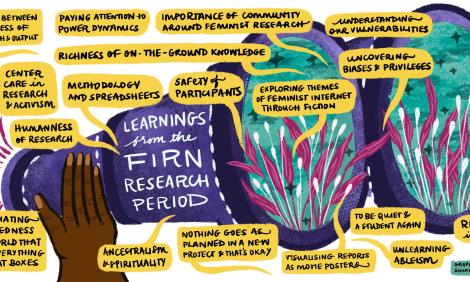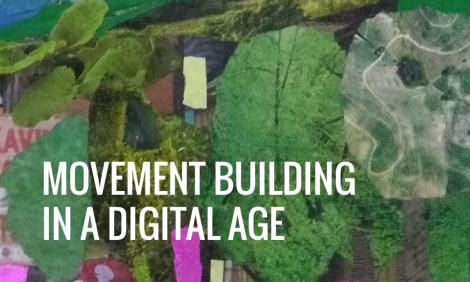
Publication
Movement Building in the Digital Age evaluation report
The Movement Building in the Digital Age report looks at the impact of the Feminist Internet convenings organised by APC Women’s Rights Programme (WRP), and provides an evaluation of APC WRP work on movement between 2014 and 2020. In this report, we share learnings for our network but also, and especially, for donors and funders in how we can better support the feminist internet network.
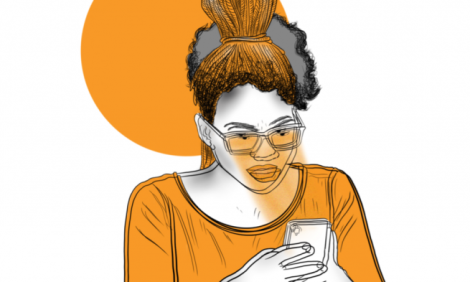
Publication
Alternate realities, alternate internets: African feminist research for a feminist internet
Discriminatory gendered practices in the physical world are similarly reproduced online across digital platforms. This report by Pollicy.org presents research into the online lived experiences of women in five countries across Africa.
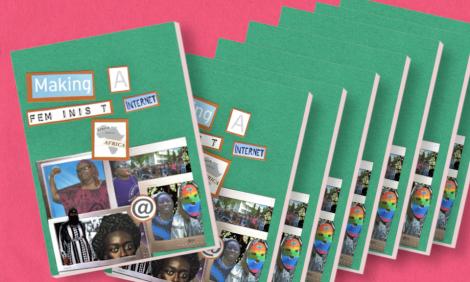
Publication
#MFI Africa: The e-zine!
This e-zine is the culmination of the lives and afterlives of the Making a Feminist Internet in Africa convening. It documents the explorations and experiments that grew into dynamic answers, solutions and even more questions on what it means to have a feminist internet in Africa. It was written and designed by Wairimũ Murĩithi and Youlendree Appasamy for APC.
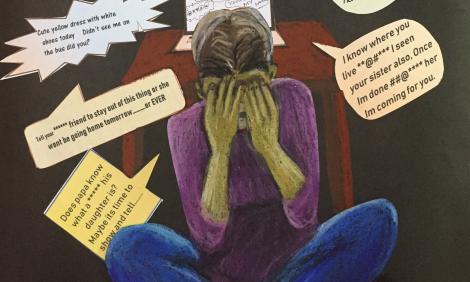
Publication
Submissions to TO United Nations SPECIAL RAPPORTEUR: ONLINE VIOLENCE AGAINST WOMEN
Here is a compilation of the submissions from different countries including Democratic Republic of Congo, Malaysia, Pakistan, and Bosnia-Herzegovina to the Special Rapporteur for Violence Against Women on online violence against women.
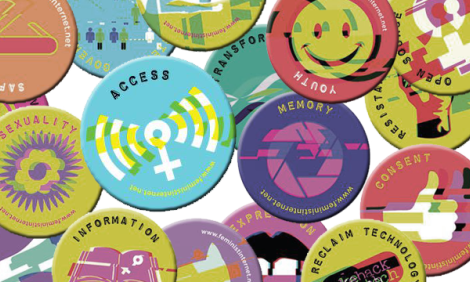
Publication
IGF Best practice forum on Gender and Access (2016): Overcoming barriers to enable women's meaningful internet access
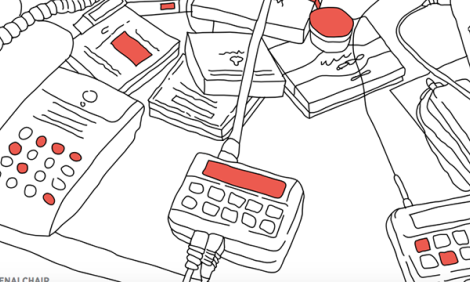
Publication
Internet use barriers and user strategies: perspectives from Kenya, Nigeria, South Africa and Rwanda

Publication
Mobile Phone: A Public Tool (Civic Participation, Education and Health)
Publication
Internet control points as LGBT rights mediation


